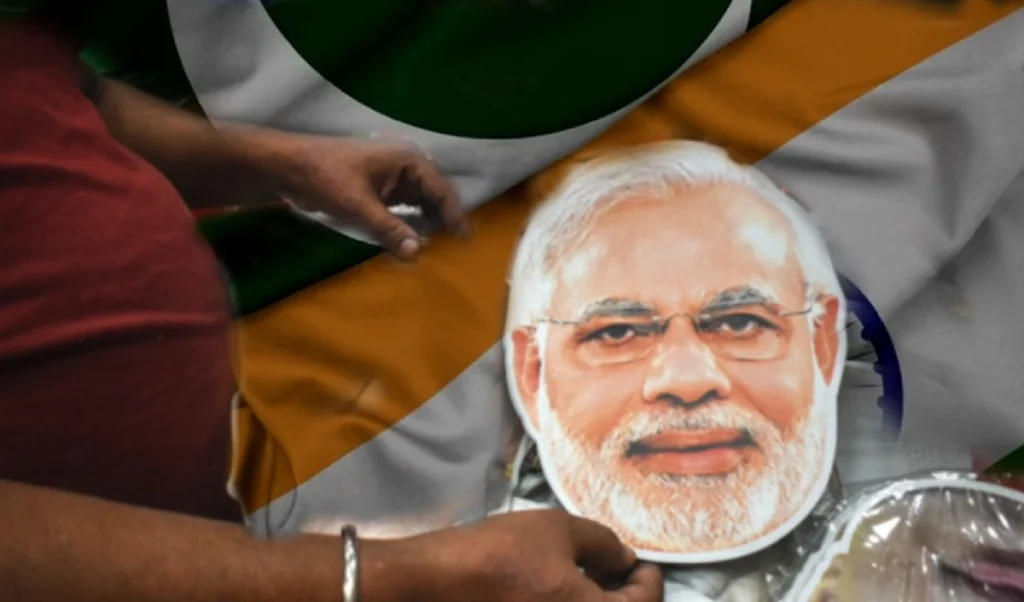YEARS
Hassan expressed confidence that the Teesta Treaty and other water-sharing agreements with India would be resolved amicably through negotiations, but suggested that Bangladesh could consider international legal documents and principles if an agreement could not be reached.
Bangladesh’s interim government wants to resume negotiations with India on the Teesta water-sharing treaty, water resources adviser Syeda Rizwana Hasan has said, adding that up-riparian and down-riparian countries should follow international principles on water distribution. Hasan expressed confidence that the Teesta treaty and other water-sharing agreements with India would be resolved amicably through negotiations, but suggested that Bangladesh could consider international legal documents and principles if an agreement could not be reached.
He said that I have discussed the issue of Teesta water sharing with all the concerned stakeholders (in Bangladesh). We have discussed that we need to restart the process and negotiations regarding the Teesta treaty. We also have to work on the Ganga treaty, which is ending in two years. Both sides agreed and the Teesta water-sharing agreement was drafted, but the agreement was not signed due to opposition from the Chief Minister of West Bengal. The fact is that we have not been able to finalise the agreement. So, we will start from that point with the draft agreement and urge India to come forward and restart the negotiation process.
Notably, during the visit of then Prime Minister Manmohan Singh to Dhaka in 2011, India and Bangladesh were ready to sign an agreement on Teesta water sharing, but West Bengal Chief Minister Mamata Banerjee refused to support it, citing water shortage in her state. “We will try to find an amicable solution. Since this is an international water issue, it is also related to consideration of the legal right of other countries. So, how much water is available and whether it is sufficient is unclear to us. Even if very little water is available, the flow to Bangladesh should continue because of international sharing norms.
Other News


